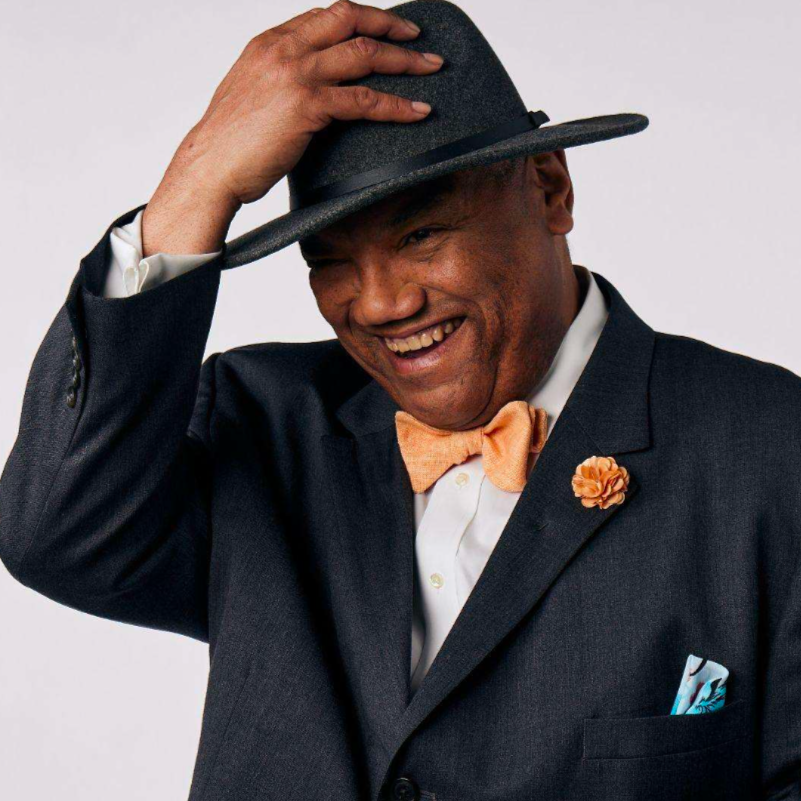Concern for Floyd after his second concussion lasted two months

Former Georgia standout Leonard Floyd, who’s from Eastman, suffered two concussions during his rookie season and told the Chicago media after a recent minicamp practice that it took two months to recover from the second concussion.
Ross Tucker and Booger McFarland, both former NFL players, working on Sirius NFL Radio were alarmed by the revelation during their show on June 16.
“It’s going to affect you for the rest of your life,” said McFarland, who played at LSU and nine seasons in the NFL with Tampa Bay and Indianapolis. “If I were around him or if the people around him (are) listening, make sure he gets an opportunity to get his brain checked out.
“You do not want to go back out there and get another concussion. If he gets his third one, let’s say in less than a year, now, you have to start having a conversation about should he play football ever again. That’s not if you want to, that’s probably he shouldn’t at all.”
Floyd’s first concussion occurred against the New York Giants at MetLife Stadium on Nov. 20. His head slammed into defensive tackle Akiem Hicks while attempting to make a tackle. He left the field strapped to a board and was taken to a nearby New Jersey hospital.
Floyd’s second concussion game against the Redskins on Dec. 24, while trying to make a tackle.
“It took me two months to really feel like I was back to myself,” Floyd told the Chicago media June 14. “I was just at the house relaxing and getting my mind back together. And after those two months, I felt back the same.”
After the season, Floyd was ordered to take it easy.
“You just don’t feel normal,” Floyd said. “It’s the thinking part. You don’t think the same. I wasn’t thinking like I normally would think. And then I’d be staring off into space some time instead of paying attention.”
The time period of recovery from the second concussion is a cause for concern.
“The fact that it took two months is a little unusual, but we also know that there are a lot of variabilities from person to person,” said Dr. Vernon Williams, director of the Kerlan-Jobe Center for Sports Neurology and Pain Medicine at Kerlan-Jobe Orthopaedic Clinic in Los Angeles. “In other words, it may take one person longer than another. Then there is also a lot variability within an individual. You can have one concussion and recovery within five or six days and another (one could) take a lot longer time.
“That’s an unusual period of time, but hopefully everything got worked through and he’s recovered. Sometimes what happens is that you have some therapy to help rehabilitate the vestibular system or the ocular motor system. Sometimes it just takes a little longer to get that done.”
After a solid career at Georgia, Floyd was selected ninth in the 2016 draft. Floyd started 12 games for the Bears and had seven sacks.
“He’s 24 years old, and I guess he’s talking to doctors and all, I guess here’s what would be my point, if I had anything going on where my brain wasn’t working right for two months, good bye, see ya later,” said Tucker, who played six NFL seasons with Buffalo, Washington, Dallas and New England. “I almost wouldn’t care what the doctors would say. Two months! Two months!”
Tucker noted that $15.3 million of Floyd’s four-year $15.8 million contract was guaranteed.
“It’s a tough situation because he’s just getting started in this league,” McFarland said. “He’s just getting started making what, I think he’s assuming, is a lot more money than what he just signed for. I know retirement isn’t close to anything he’s thinking about.”
Could the Bears be liable for letting Floyd continue to play?
“If you’re Chicago, think about this in a day in age where teams are getting sued, the league is getting sued, the league is in a big lawsuit,” McFarland said. “At what point does a lawsuit go from the league to the team? What if he comes out plays this year, gets another concussion and after that he can’t play anymore?
“(Then he would have) three diagnosed concussions in (say) his last 16 games total. Somehow, Chicago allowed him to play. When do we get to the point where these players attribute these (injuries) to the team?”
Floyd should be able to make a full recovery.
“The concerns would be if there is a progressive increase of the duration or just one that takes a little longer to recover from, you still need to see if there is pattern,” Williams said. “If there is a pattern and they are taking longer and longer, that is a concern. Or, if it seems like it is (easier) to sustain a concussion, that’s concerning.
“Just the fact that there were two in a certain period of time, you want to keep an eye on him. You want to have a higher level of vigilance.”
The Falcons open the 2017 season against the Bears on Sept. 10 in Chicago.



